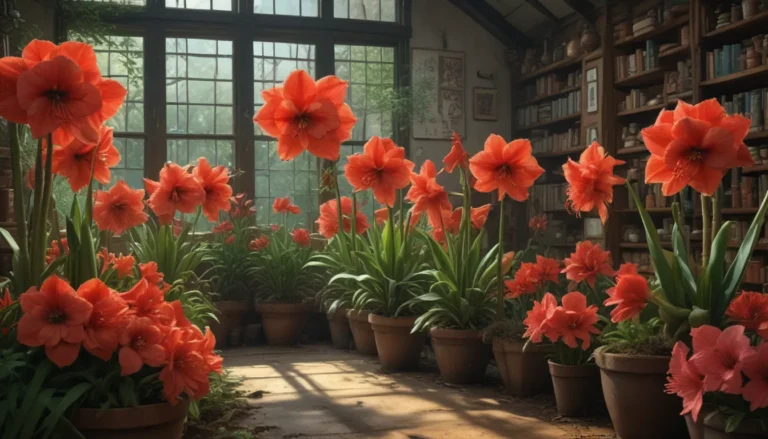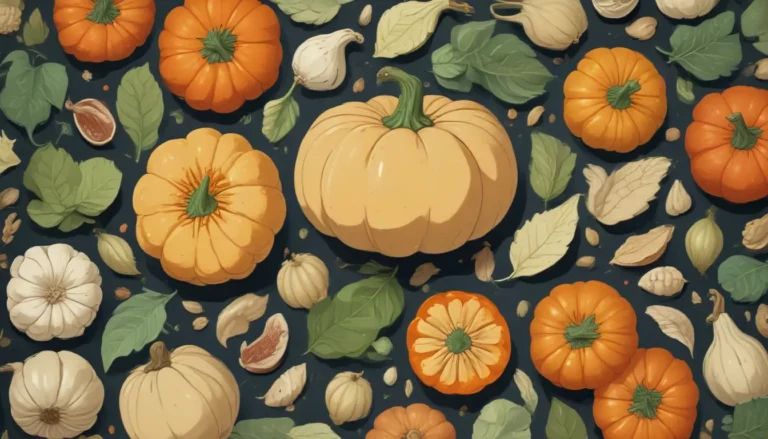Growing Delicious Elderberries in Your Garden

Are you looking to add a unique and beneficial plant to your garden? Look no further than the elderberry (Sambucus canadensis). These dark, black, and purple berries are in high demand and offer a variety of culinary and health benefits. Let’s dive into the world of elderberries and explore how you can grow your own delicious crop at home.
Why Elderberries?
Elderberries are native to many areas in the US and are increasingly popular for their beauty and versatility. From baking to making tinctures and powders, these berries have a wide range of uses that make them a valuable addition to any garden.
Here are some key reasons why you should consider growing elderberries:
- Culinary Uses: Elderberries can be used in a variety of culinary applications, from pies and jams to tinctures and teas.
- Health Benefits: Elderberries are known for their reported benefits in relieving symptoms of bacterial sinusitis, colds, and the flu.
- Easy to Maintain: Elderberries are hardy plants that require minimal maintenance once established, making them a great choice for beginner gardeners.
Getting Started: Choosing the Right Variety
When it comes to choosing an elderberry variety, there are several options to consider. Some popular cultivars include Adams, Johns, Kent, and Nova, among others. While these varieties may differ slightly in appearance, they all share common characteristics such as compound leaves and beautiful white flowers that bloom in June.
When selecting a variety for your garden, consider factors such as climate, soil conditions, and available space. It’s also important to plant elderberries in pairs for optimal cross-pollination and fruit production.
Planting and Care Tips
To ensure the success of your elderberry plants, it’s essential to choose the right location and provide proper care throughout the growing season. Here are some tips to keep in mind:
- Location: Elderberries prefer partial shade and moist, well-drained soil. Plant them in pairs no more than 60 feet apart to encourage cross-pollination.
- Spacing: Give elderberry plants plenty of room to grow, as they can reach up to 12 feet in height and six feet in width.
- Watering: Elderberries need regular watering, especially during their first year of growth. Ensure that the soil is well-drained to prevent root rot.
- Fertilization: Consider using organic fertilizers such as manure or compost to provide essential nutrients to your elderberry plants.
- Pruning: While elderberries require minimal pruning, you can trim back old growth after the growing season to encourage new shoots.
Harvesting and Preserving Elderberries
When it comes to harvesting elderberries, timing is crucial. Wait until the berries are dark purple or black before harvesting, as this indicates optimal ripeness. Use pruning shears to cut the entire cluster just below the fruits and remove any stems before storing or processing the berries.
To preserve elderberries for later use, consider freezing them or making jams, jellies, or tinctures. Freezing elderberries is a simple and convenient way to enjoy their flavors year-round.
Propagating Elderberries
If you’re interested in expanding your elderberry crop, you can propagate plants through softwood cuttings. This method involves taking green tips of branches, rooting them in soil, and transplanting them once they have established roots.
Softwood cuttings are easy to propagate and can be done without the need for rooting hormones or additives. By following the proper steps, you can create new elderberry plants to add to your garden or share with friends and family.
Growing Your Own Elderberries
Incorporating elderberries into your garden can provide a host of benefits, from culinary delights to health remedies. By following these tips and techniques, you can successfully grow and harvest elderberries at home.
What’s stopping you from trying out this versatile and nutritious plant? Take the plunge and start growing your own elderberries today. Share your favorite elderberry recipes and experiences in the comments below – we’d love to hear from you!
For more berry-growing guides and tips, check out the following articles:
- The Ultimate Fall Berry Planting Guide
- Grow Your Own Gorgeous Mulberry Trees
- How to Plant and Grow Ground Cherry, A Tasty Tropical Berry
Remember, always consult with a medical professional before using elderberries or any plant-based remedies for health and wellness. Happy gardening!





